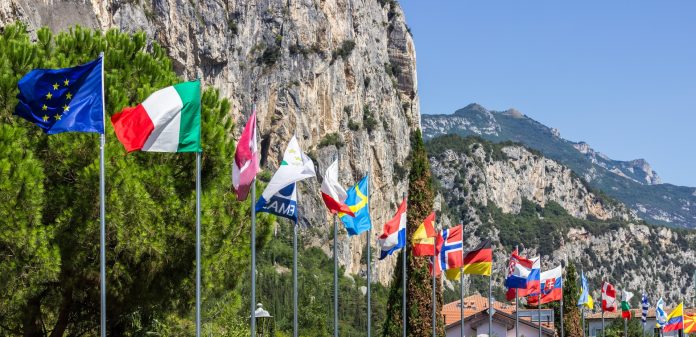The members of the European Union (EU) were unable to resolve Friday’s final “safe list” of countries whose citizens could travel to the bloc from July, with the United States, Brazil, and Russia set to be exempted.
Ambassadors from the 27 EU Members assembled from Friday afternoon to set out the conditions for providing quarantine-free access from next Wednesday.
Diplomats said they were faced with a redrawn list of 10-20 nations. But several said they had to contact their governments first. The list did not include the United States, Brazil, or Russia. The countries are supposed to respond informally by Saturday night.
The European Commission had recommended that the bloc would first remove internal border checks and then eventually open up to outsiders. But, the first move did not go according to the schedule.
Greece is mandating Covid-19 examinations for visitors from a variety of EU nations, including France, Italy, the Netherlands, and Spain, to be self-isolated until findings are established.
The Czech Republic has announced that tourists from Portugal, Sweden and part of Poland will not be allowed in.
There’s a general consensus that the bloc must only be available to those with a comparable or better epidemiological condition. But there are concerns about how to measure the country’s management of the outbreak and the results reliability.
A number of countries, like Tanzania, Turkmenistan, and Laos, have reported no outbreaks in the last two weeks, according to the EU Agency, the European Centre for Disease Prevention and Control.
Based on ECDC statistics from two weeks to Thursday, a majority of countries are obviously in a poorer condition than the European Union. These include the United States, Mexico, Brazil, and much of Latin America, Russia, South Africa, and Saudi Arabia.
The Commission has proposed that the countries of the Western Balkans -Albania, Bosnia and Herzegovina, Kosovo, Montenegro, North Macedonia, and Serbia-should be admitted.
Nonetheless, according to ECDC reports, the number of cases in Bosnia and North Macedonia may be too big.
Source: CNBC

